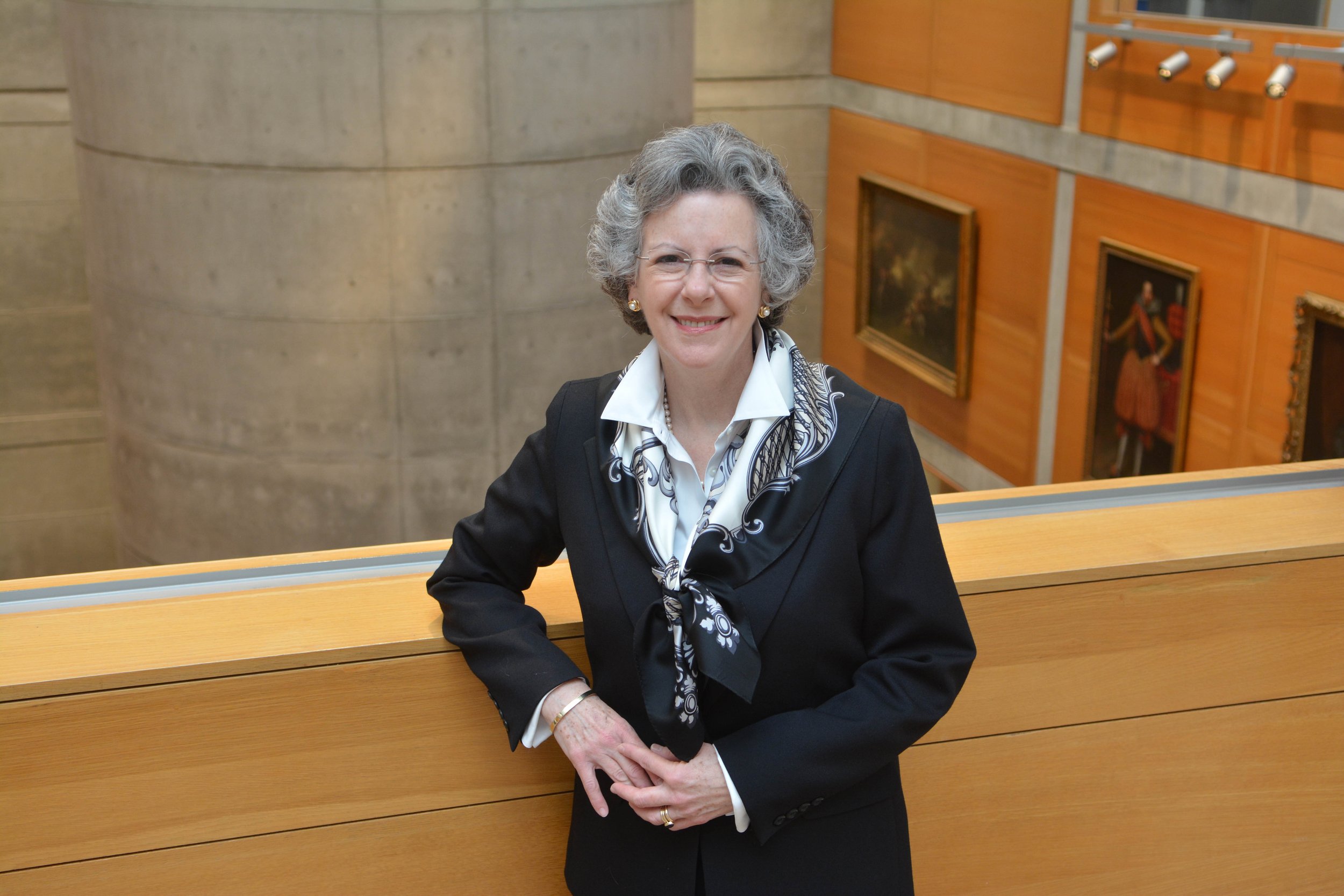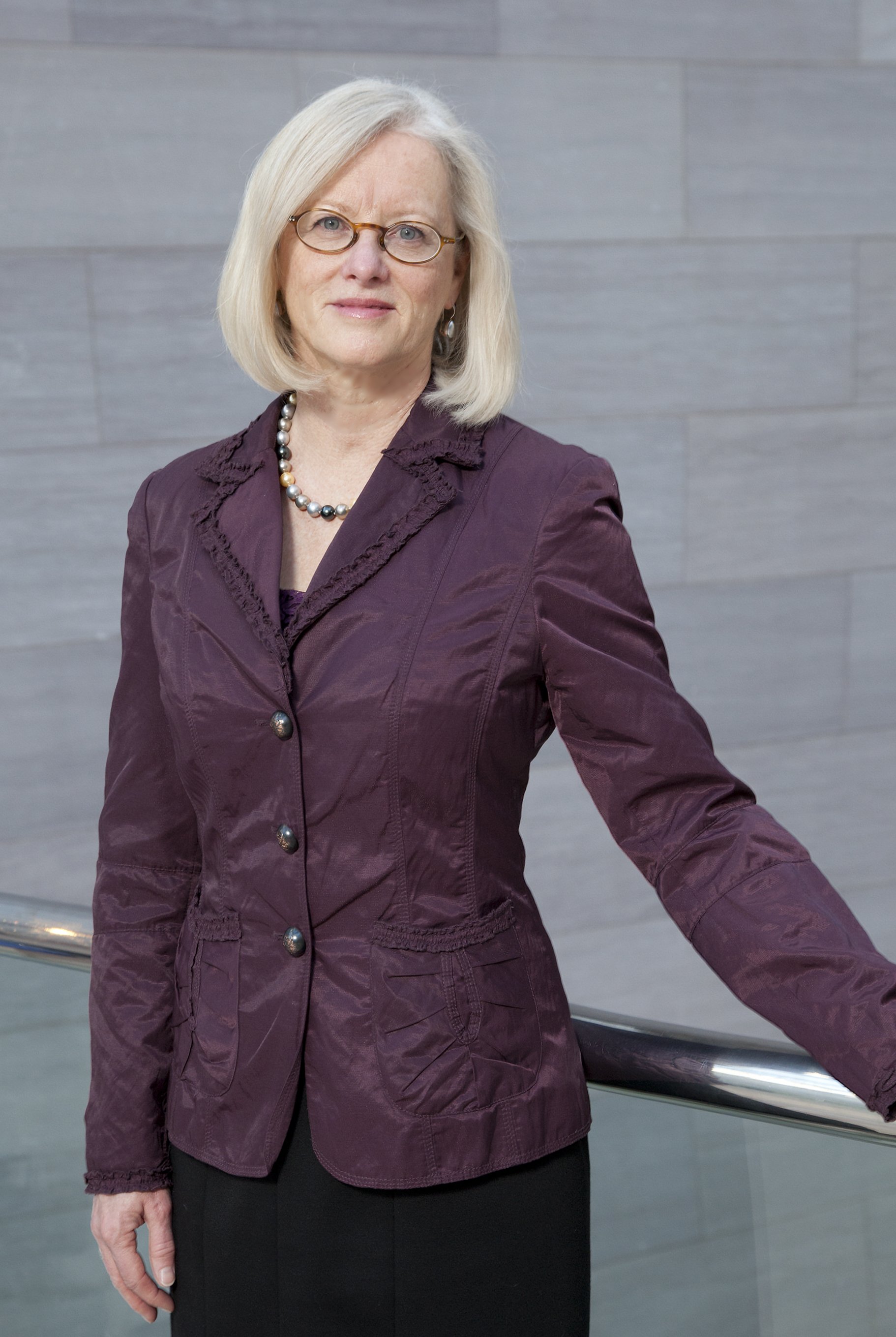Banner image: Eastern Hog-Nosed Snake pictured on top of an Arrowleaf Elephant’s-Ear with a Mole Salamander. This plate is from the second volume of Catesby’s Natural History of the Carolinas, Florida and the Bahamas. Plate 45.
Overview:
Environmental thought on this continent has a long, complex, and often contentious history, which is reflected in the extraordinary collections of rare books, manuscripts, and works of art assembled by Rachel 'Bunny' Lambert Mellon for her Oak Spring Garden Library. Please join us for a week-long seminar considering the development of attitudes toward the natural productions of North America, examined through the political, economic, religious, social, and cultural imperatives of the British Empire, and the ensuing imperial objectives of the United States as the nation sought to extend its reach across the country, and beyond.
We will begin by considering the impact of the global exchange of botanical materials on the North American landscape during the colonial and early republican periods. Then, focusing on the worlds of the explorer-naturalist John Bartram and his son, William, we will reflect on their gardens, writings, and drawings. We will ponder how their cross-cultural interactions, including those with First Nation Peoples and enslaved peoples of African descent, are revealed in their work and lives. Our study will expand to explore the transatlantic communities of naturalists, horticulturalists, artists, and patrons with whom the Bartrams engaged. We next will examine the impact of these interconnected communities on the environmental and societal evolution of plantation cultures in the Atlantic world—a topic which is richly documented in Oak Spring's Library collections. Moving further into the nineteenth century, we will focus on ways in which artists and landscape designers approached the representation and construction of landscapes across the nation and into the wider world.
Your own interests will be brought to bear on our discussions, and we hope that we all will emerge from the seminar with a deeper and more nuanced understanding of American environmentalism that will inform our own decision-making as we seek a better future for our nation and the globe.
Instructor Amy Meyers:
Amy Meyers (Yale Ph.D., American Studies, 1985) is a scholar of the visual and material culture of the transatlantic world. She served as Director of the Yale Center for British Art, and C.E.O. of the Paul Mellon Centre for Studies in British Art (London), from 2002 to 2019. She also served as Curator of American Art at the Huntington Library, Art Museum, and Botanical Gardens, from 1988 until her departure for Yale. Meyers has taught at Wayne State University, The University of Michigan, Mount Vernon College, the California Institute of Technology, and Yale, where she was an affiliated member of the faculty of the History of Science and Medicine Program and an adjunct professor in the Department of the History of Art.
Meyers has written extensively on the relation of art and science, and she has organized numerous international symposia in the field. Her publications include Knowing Nature: Art and Science in Philadelphia,1740 to 1840 (2011, with the assistance of Lisa Ford); Ways of Making and Knowing: The Material Culture of Empirical Knowledge, co-edited with Harold Cook and Pamela Smith (2011); The Art of Natural History: Illustrated Treatises and Botanical Paintings, 1400-1850, co-edited with Therese O’Malley (2008); Art and Science in America: Issues of Representation (1998); and Empire’s Nature: Mark Catesby’s New World Vision, co-edited with Margaret Pritchard, (1998). With Therese O’Malley, she is organizing an exhibition with the working title of William Bartram and the Origins of American Environmental Thought. The project, which was the focus of Meyers’ work as a fellow at the University of Connecticut Humanities Institute for the academic year of 2020/21, will bring together a wide selection of Bartram’s drawings from international collections, along with rare books and manuscripts, botanical specimens, and decorative arts objects, to examine his integrated view of nature and the emergence of environmentalism in the eighteenth and early nineteenth centuries.
Instructor Therese O' Malley:
Therese O’Malley is a scholar of the history of landscape architecture and garden design, focusing on the 18th to 20th centuries and the transatlantic exchange of plants and ideas. She received the doctoral, masters and bachelor’s degrees in art history from the University of Pennsylvania. After almost 40 years on the staff, O’Malley retired in September 2021 as Associate Dean at the Center for Advanced Study in the Visual Arts at the National Gallery of Art in Washington, DC. Her many publications include Modernism and Landscape Architecture, 1890–1940, co-edited with Joachim Wolschke Buhlmann (2015), and The Art of Natural History, co-edited with Amy R.W. Meyers (2008). She was the guest curator and author for the exhibition Glasshouses, Architecture of Light and Air (New York Botanical Gardens, 2005), and contributor to the exhibition Unpacking the Archives: Perspectives on Frank Lloyd Wright, (MOMA, 2017) and its catalog. The award-winning Keywords in American Landscape Design (2010)—an authoritative reference work with contributions by Anne Helmreich and Elizabeth Kryder-Reid —has been expanded under her direction as the digital database project, History of Early American Landscape Design (heald.nga.gov). In addition to holding guest professorships at Penn, Harvard, Princeton and Temple universities, she has served on several boards and advisory committees including at Dumbarton Oaks, the Foundation for Landscape Studies, and The New York Botanical Garden’s Mertz Botanical Library and Mellon Humanities Institute. Therese O’Malley was the two-term chair of the Association of Research Institutes in Art History; and vice-president and president of the Society of Architectural Historians (2000-2006), during which time she helped found the SAH Landscape History Chapter (2004). In 2016, she was made a fellow of the SAH. Since 2010, she served as advisor to the United States Ambassadors Fund for Cultural Property. O’Malley continues her work with Amy Meyers on early American naturalists John and William Bartram and the interrelationship of exploration, collecting, display and environmental consequence since the 18th century.
Eligibility:
This short course is ideally suited for graduate students, scholars, professionals, and individuals with a deep interest in environmental history, the history of gardens, visual culture of natural history, the history of science, and American cultural history. A solid academic or professional foundation in these areas is highly recommended. The course will be limited to 12 participants.
This course is a unique opportunity for those looking to deepen their knowledge in the field. As one past participant shared, “Drs. Meyers and O'Malley are two of the definitive experts in the field of botanical exchange between the New World and the British Empire. They were superlative in their grasp of the subject.”
About OSGF:
The Oak Spring Garden Foundation (OSGF) is a philanthropic foundation based at the former primary estate of the late Paul and Rachel 'Bunny' Mellon, who were major philanthropists in the U.S. of the arts, humanities, and sciences in the second half of the twentieth century. OSGF is located in the northern Virginia Piedmont and Blue Ridge Mountains region (ca. one-hour drive from Washington, D.C.). Led by Sir Peter Crane, the Foundation’s inaugural President, OSGF provides short courses and supports residencies for artists and scholars. Its celebrated Library comprises rare books, manuscripts and works of art relating to horticulture, landscape design, botany and natural history. It is becoming a new center of stimulation of all things botanical, from fundamental research in plant evolution and conservation, to horticultural and plant conservation practice, to the history and art of plants gardens and landscapes.
Accommodation and Travel Information:
Participants will be accommodated with all meals and private lodging on site at Oak Spring. Participants are responsible for arranging their own travel to the Washington, D.C. area. If flying, please book flights to Dulles International Airport. International applicants are welcome, but fluency in English is necessary. Closer to the start date, our Programs team will assist with coordinating travel arrangements to the Oak Spring Garden Foundation site, as necessary.
Dates and Duration:
The course runs for four days with participants arriving on Monday, August 4, 2025 and leaving on Friday, August 8, 2025. Participants should plan to arrive between 1:00 pm and 4:00 pm on Monday, August 4, 2025 and depart at 12:00pm on Friday, August 8, 2025.
Course Fee:
$1250 is all-inclusive and covers full tuition, lodging on-site for four nights in our comfortable suites, and all meals on-site (from dinner on Monday through breakfast on Friday). A limited number of full or partial Fee Waivers are available for this course.
Selection Process:
Applications will be reviewed by Amy Meyers, Therese O'Malley and OSGF staff.
Application Deadline:
Applications are due Monday, April 28, 2025 at 11:59 PM EST.
The Oak Spring Garden Foundation is an equal opportunity employer and values diversity. Decisions are made on the basis of qualifications, merit and business need without regard to race, color, religion, sex, sexual orientation, national origin, or any other non-merit factor.


